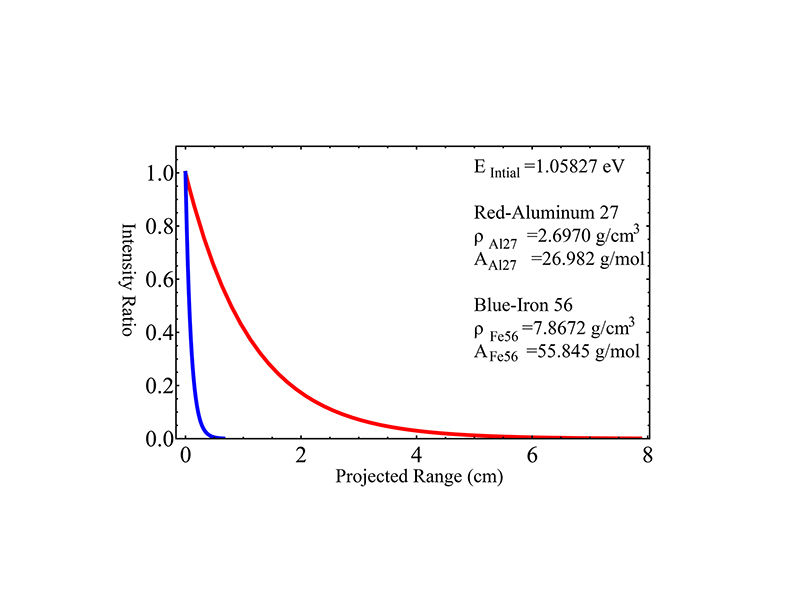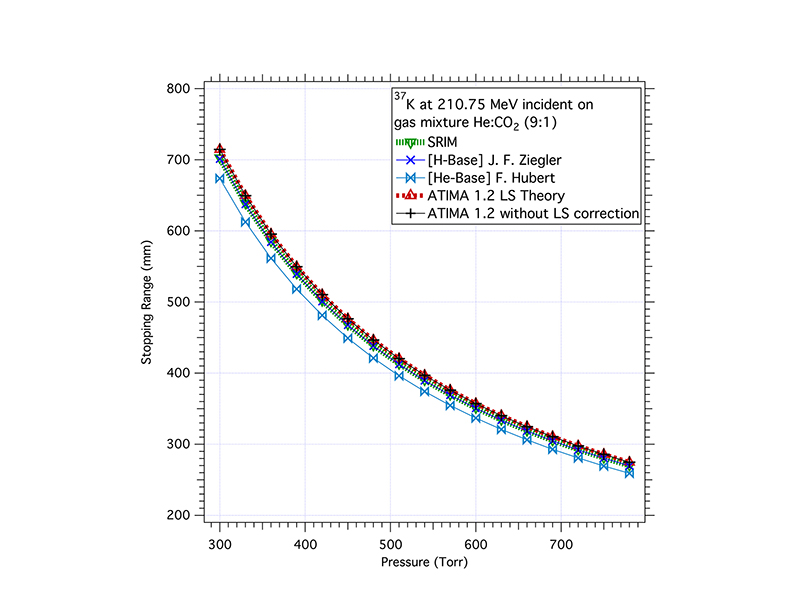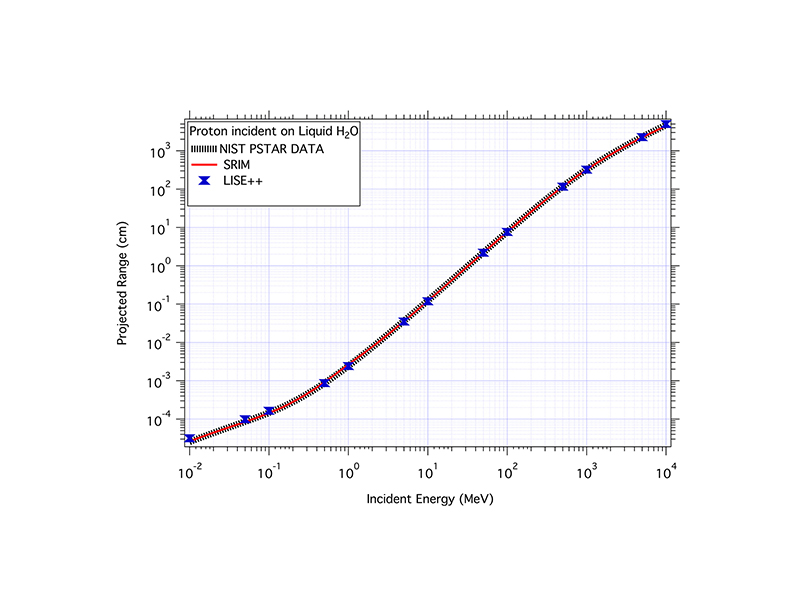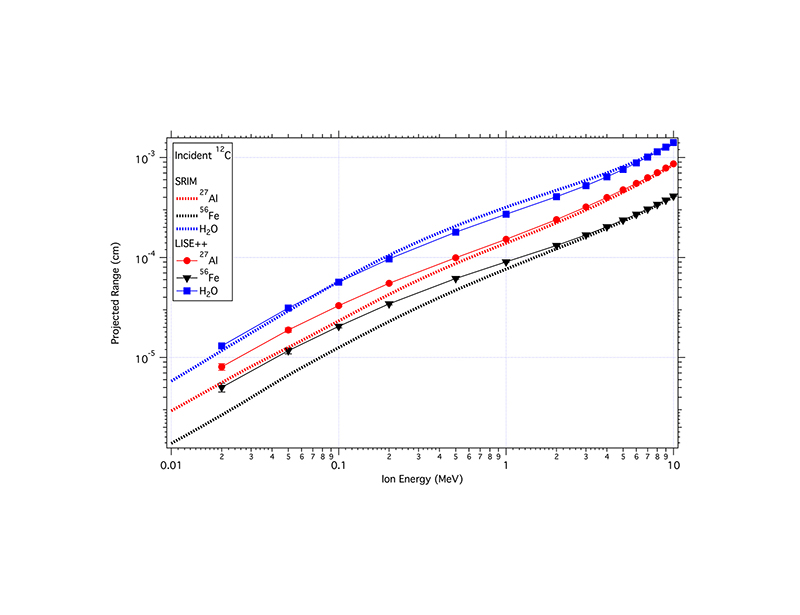-
Stopping Power Analysis for 37K, 44Cl, and 71Br
Incident on He:CO2 (9:1) Gas TargetAnalysis and research, Atomic Physics
Independent Study
Department of Physics
The College of Wooster
Advisor: Dr. Adam Fritsch
Spring 2015 
-
Abstract
Nuclear physics is the study of the atomic nucleus. Investigating atomic nuclei enhances our understanding and characterization of matter in the universe. Knowledge from laboratory experiments are applied to the study of cosmology that investigates processes that occurred during the formation of the universe. Nuclear physics also plays a crucial role in the development of modern technology. Techniques learned from nuclear physics experiments are used in the medical field to perform diagnosis and therapy without surgery. An example is the positron emission tomography (PET) scan, which images radioactive substance traveling through organs and tissues. In this specific research, stopping power, or the average energy loss per unit path length which charged particles suffer when traversing the material, as the result of Coulomb interaction with electrons and atomic nuclei, is closely assessed and analyzed for isotopes of interest.





